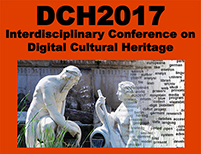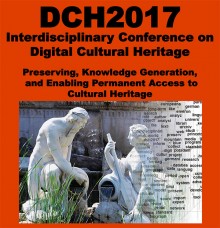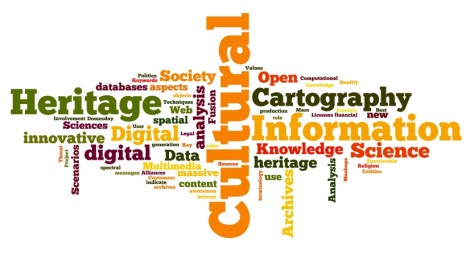|
Digital meets Culture https://www.digitalmeetsculture.net/article/digital-cultural-heritage-2017/ Export date: Thu Feb 5 10:19:28 2026 / +0000 GMT |
Digital Cultural Heritage 2017  The DCH2017 International Conference will take place in Berlin, at the National Library, on August 30 - September 01, 2017. The DCH2017 International Conference will take place in Berlin, at the National Library, on August 30 - September 01, 2017.The conference is organized by CODATA-Germany, the German National Committee for CODATA, Committee on Data for Science and Technology of the International Council for Science (ICSU), in cooperation with:
Erik Buelinckx from the Royal Institute for Cultural Heritage (KIK-IRPA), one of the memory institutions participating as procurers in the PREFORMA project, will deliver a presentation on Friday 1 September entitled “A small archive with a big collection! Now what? PREFORMA's open source digital preservation tools on the rescue”.  The conference is open for contributions that cover technical challenges as well as strategic guidance. Key messages relating to the impact of new technologies and processes on cultural heritage are especially welcome. Special aims of this 2017 edition are:
|